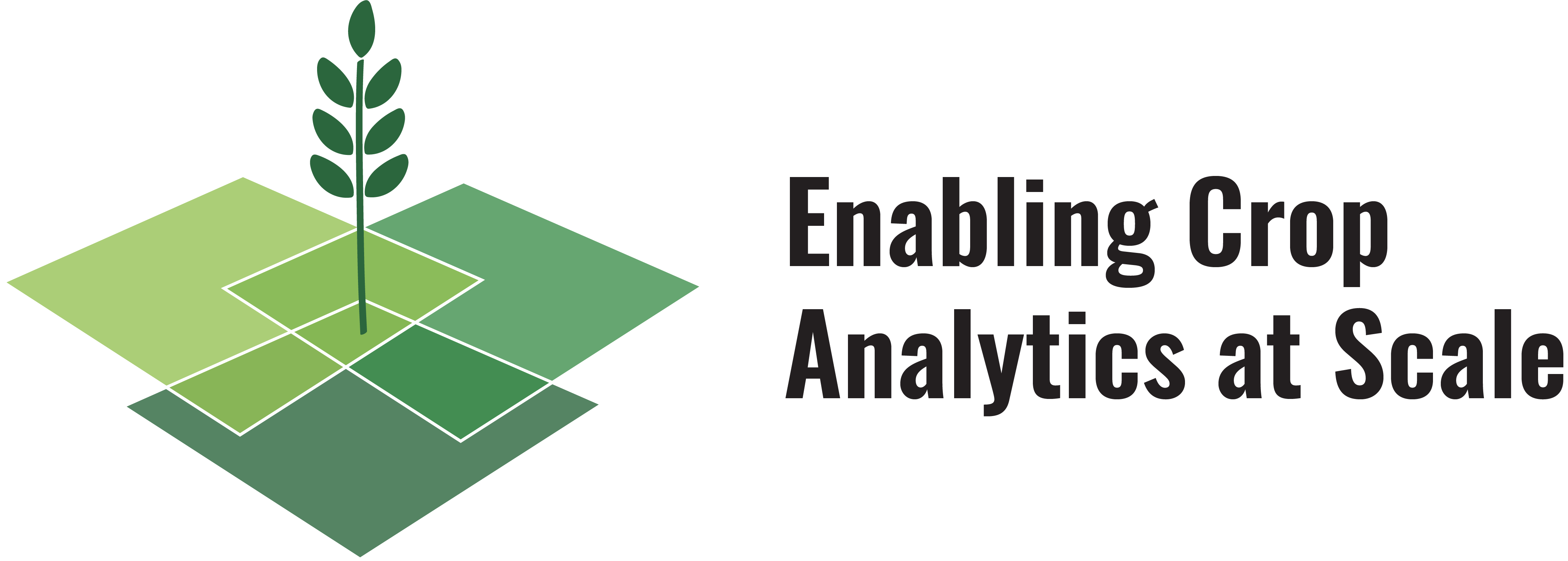
Research Findings
The AGData Acceleration Facility invests in innovations and partnerships to catalyze the improved collection, processing, storage, and use of ground-truth data, targeting key bottlenecks and technical challenges that inhibit the large-scale collection of ground-truth datasets and their use. This page contains all outputs from the ECAAS AGData Acceleration Facility research.

ECAAS Phase 1 Final Report
The Final Report for ECAAS Phase 1 recaps the progress the ECAAS initiative made toward supporting data harmonization and network development for ground truth agricultural data. Over the three years of the project, ECAAS mapped the stakeholder network, identifying over 190 organizations involved in crop analytics, and facilitated the formation of a cohesive community of practice comprising public, private, and civil society actors. The report highlights further innovations and business cases supported by the project.

Stakeholder Landscape Assessment
The Stakeholder Landscape Assessment identifies and maps the ecosystem of public, private, and civil society organizations operating in the crop analytics space for smallholder agricultural systems.
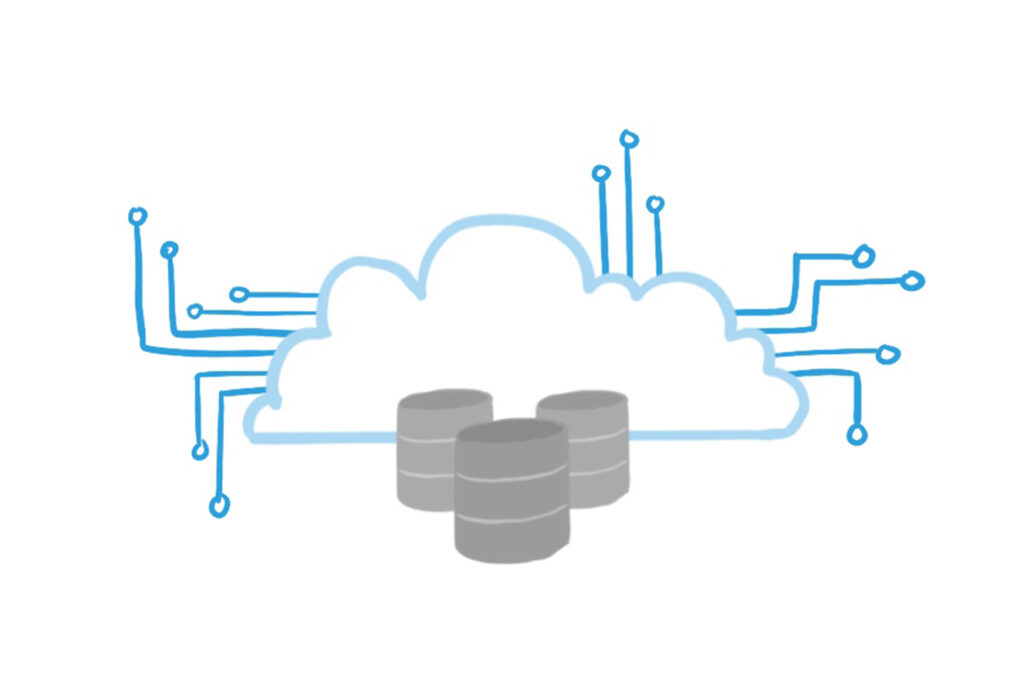
State of the Science for Ground Truthing in Crop Analytics
The State of the Science report, finished in August 2021, summarized the use and collection of ground truth observations to enable crop analytics at that time. The report focuses on three key crop variables: field boundaries, crop type, and yield estimation.
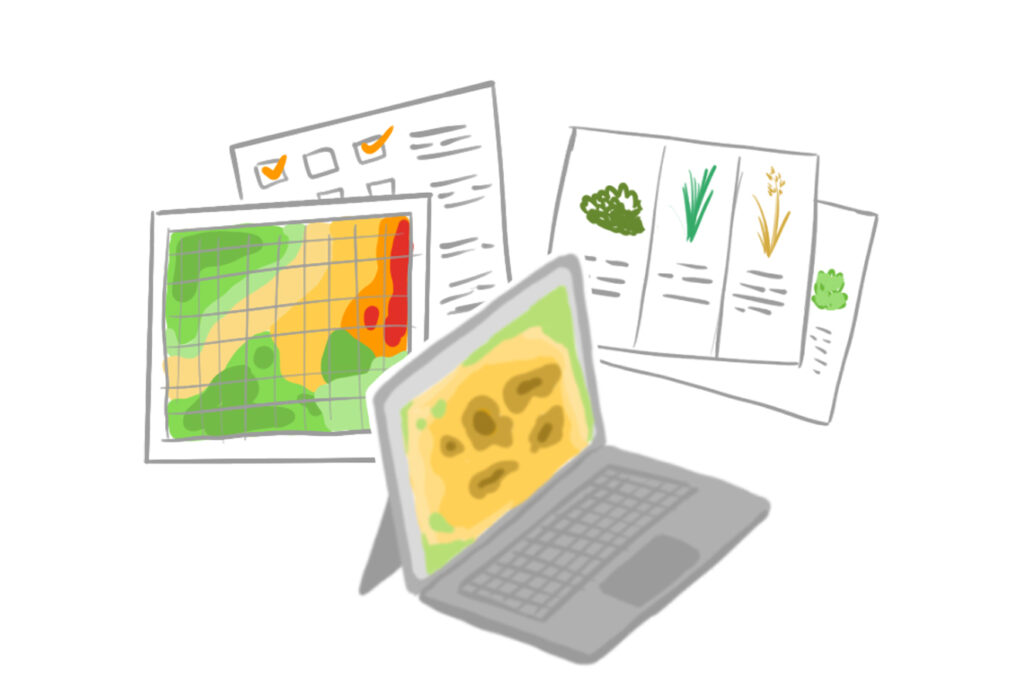
ECAAS Field Mapper Survey Tool
View the guidelines for advancing crop analytics using the survey tools of your choosing. The purpose of the form is to standardize the collection of agricultural reference data. Designed and improved through consultations, the new survey tool offers a way to collect standardized agricultral data. Please, check out the new form and deploy the tool with your own data capture efforts!
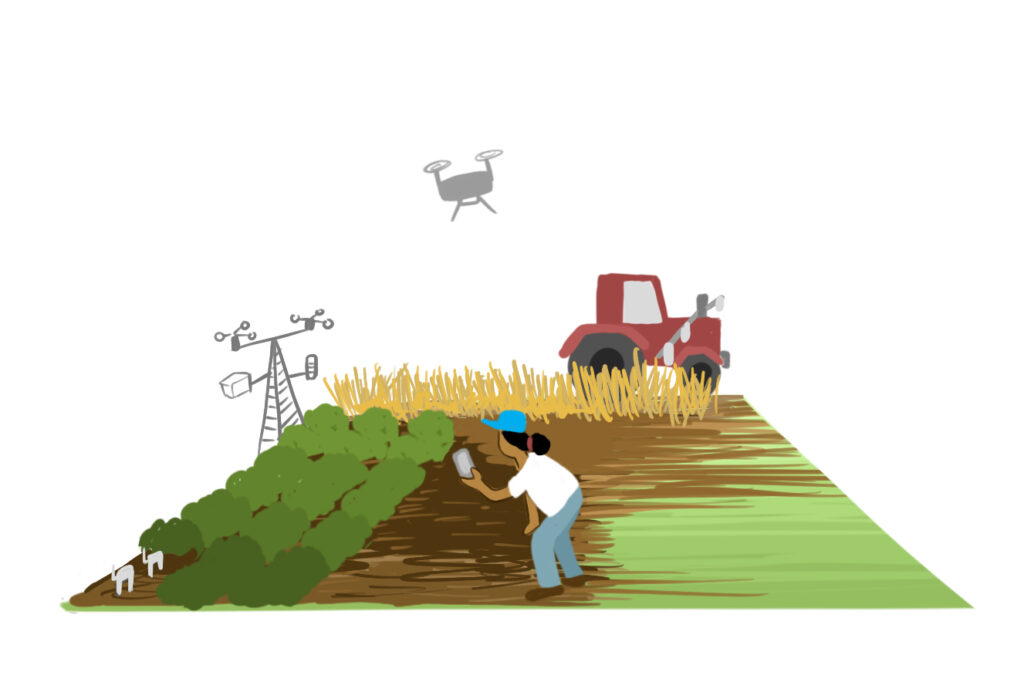
Innovation Investment Priorities for Smallholder-focused Crop Analytics
The AGData Acceleration Facility Innovation Agenda outlines priority areas of innovation for advancing smallholder-focused crop analytics.

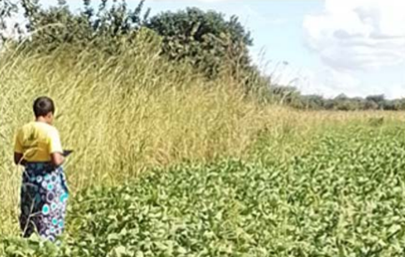
Open-Source Workflows for Crop Type Mapping in Africa
By: Digital Earth Africa & RCMRD
This final report documents an end-to-end workflow that enables users to collect representative crop type data, train ML models, and use trained models to create crop type maps over an area of interest. The workflow is easily adaptable, open, and freely available to all Digital Earth Africa Sandbox users.
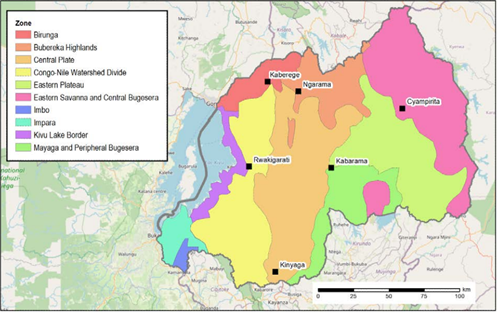
Improving Data Collection – Rwanda Case Study
By: RTI
RTI’s final report compares three ground-truth data collection methods against cost, speed, and model performance to determine the best overall technique for streamlining ground-truth data collection in Rwanda.
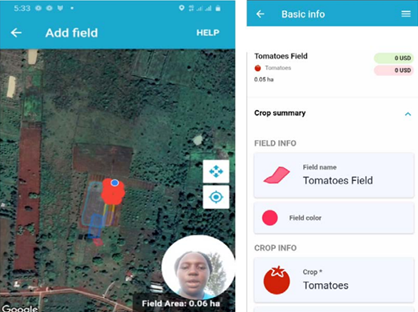
Data Sharing Platform Enhances the Value of Farm Data Across Sectors
By: 6th Grain
6th Grain’s project focused on engaging private-sector organizations to pilot a scalable platform for sharing high-quality ground data on African agriculture. Read more about how their application is breaking down barriers to data sharing.
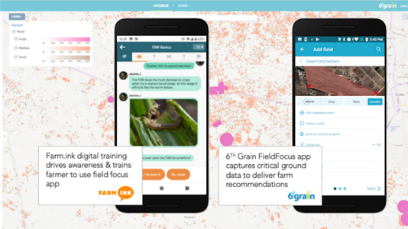
Scalable Approaches to Field Data Collection using Human-Centered Design
By: 6th Grain & Farm.Ink
Read the initial lessons learned and final report to see how 6th Grain and Farm.ink overcame challenges and delivered state-of-the-art agricultural mapping services to Kenyan farmers.
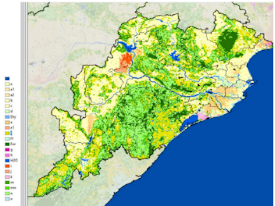
Next-Gen Crop Production Analytics
By: IFPRI, ICRISAT, University of Twente, & aWhere
Field-based crop cut experiment (CCE) data is a gold standard of ground truth data for crop analytics, yet it is time-consuming and challenging to scale over large areas. Satellite remote sensing-based estimates can cover a large area, yet their accuracy is highly subject to the availability and quality of ground truth data.
Read an introduction about the project, and learn more about how Dynamic Area Sampling Frames and 3D Smartphone Imaging can improve the value and utility of ground truth data for improving crop production analytics.
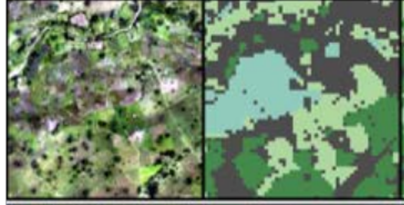
Creating Next-Generation Field Boundary and Crop Type Maps
By: Farmerline and Clark University
This final report provides an overview of the methods for collecting data, integrating machine learning models, and satellite images to create field boundary and crop type maps.
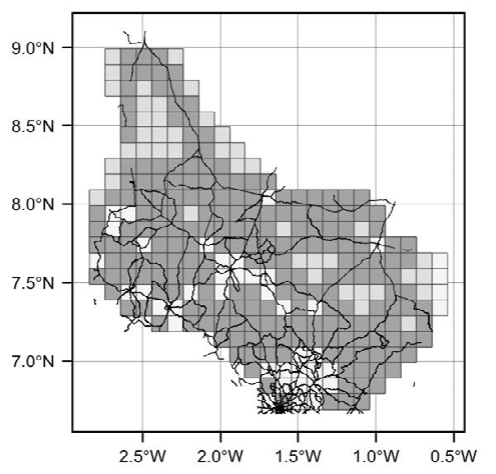
Creating Open Agricultural Maps and Groundtruth Data to Better Deliver Farm Extension Services
By: Farmerline & Clark University
This project collected crop-type data in order to test the sustainably over large areas. Read the Service Scale-Up plan to learn how the team planned to efficiently deliver farm extension services directly to smallholders in Ghana. Then read the initial lessons learned from the gathering crop type maps for Maize and Rice.
